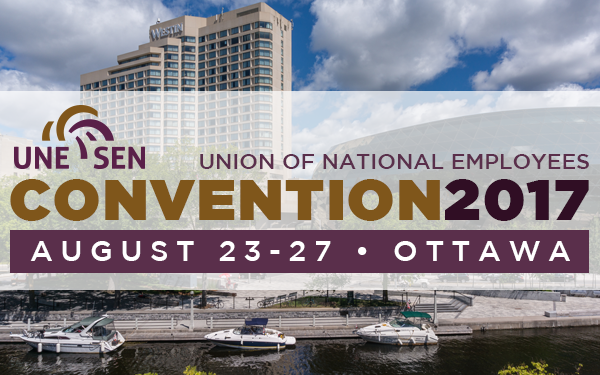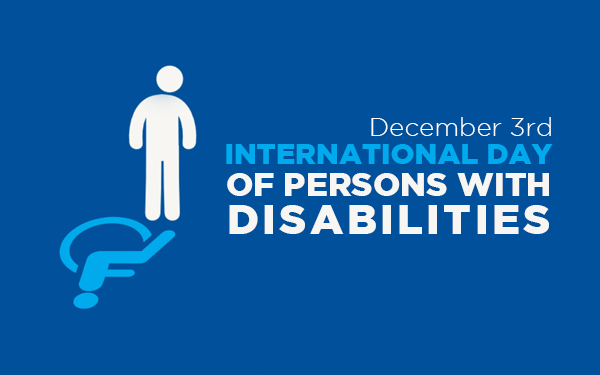
PSAC and Treasury Board have reached a tentative agreement for the Education and Library Science (EB) Group, which covers more than 900 federal public service workers. The deal includes significant breakthroughs on “common issues,” such as sick leave and workforce adjustment, the details of which were hammered out by the common issues committee last December. The EB team was also able to achieve market adjustments for every classification in the bargaining unit.
“This is yet another victory in what has been a very challenging set of negotiations with Treasury Board,” said PSAC National President Robyn Benson. “It is through the hard work and commitment of the members of our EB bargaining team, along with the steadfast support and solidarity from the bargaining unit members, that we were able to reach this agreement.”
Common issues need to be implemented at all tables
The issues agreed to in December between the employer and the common issues committee, composed of members from all five Treasury Board tables, need to be accepted by each specific table. EB is the second table to formally accept the work of the common issues committee, which covers sick leave and the workforce adjustment appendix.
Sick leave
- The sick leave articles of our collective agreements will remain unchanged.
- The parties have negotiated a Memorandum of Agreement to establish a Task Force to develop recommendations on measures to improve employee wellness and reintegration of employees.
- Any future enhancements to the regime would need to be negotiated and agreed to by both parties.
- PSAC’s four principles are included in the MOA: sick leave provisions will be contained in the collective agreement, provide for wage replacement, protect and grandfather sick leave banks, and will not be administered by a third-party provider. Any enhanced sick leave regime shall contain, at minimum, these four principles.
Workforce adjustment appendix
- What we achieved represents the most significant improvements in workforce adjustment since it was first signed as an appendix into PSAC collective agreements in 1998.
- Changes will reduce involuntary layoffs by allowing volunteers to come forward to leave the public service during times of workforce adjustment.
- Employees will now have up to fifteen months to find an alternation match.
- More union involvement, ensuring employees have the right to union representation during the process.
- Limits to contracting out.
- Improvements to the monetary provisions, including the education allowance and transition support measures.
Monetary gains
The agreement with the EB table contains significant improvements to monetary compensation for members. This includes a wage increase and a wage adjustment for all groups. The total compensation for all EB members amounts to a minimum increase of five-and-a-half per cent over the four years of the collective agreement, plus a $650 signing bonus. The wage increase is 1.25 per cent for each year, plus 0.5 to four-per-cent market adjustments for 2016.
An appendix that provides a framework for working towards a national rate of pay for the EB-EST 12 month teachers has been added to the collective agreement. An allowance for EB members who work in Correctional Services Canada and more support for First Nations teachers have also been achieved.
Helping workers meet family demands
A committee will be established to look at childcare needs. Better family leave, including provisions that are more respectful and inclusive of Indigenous cultures, have also been negotiated.
Other notable gains
This agreement has language recognizing gender identity and gender expression as prohibited grounds of discrimination.
The Memorandum of Understanding that established the Task Force on Mental Health in the workplace is also contained in this agreement. The mandate of the task force includes identifying ways to reduce and eliminate the stigma associated with mental health issues, improving communication on mental health challenges in the workplace, and implementing the National Standard of Canada for Psychological Health and Safety in the Workplace. The parties came to an agreement on the MOU earlier in the bargaining process, in 2015, and the task force has been hard at work ever since.
Source: www.psacunion.ca




 When will we vote on the deal?
When will we vote on the deal?









